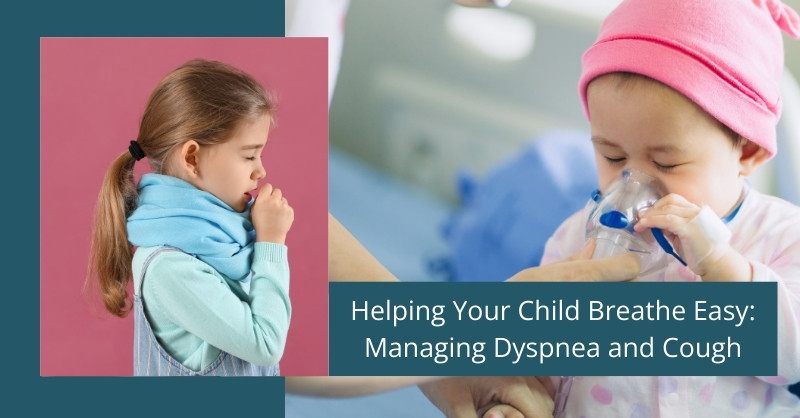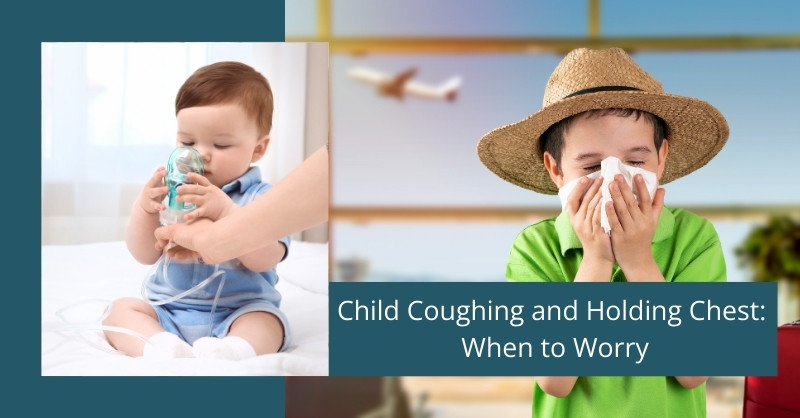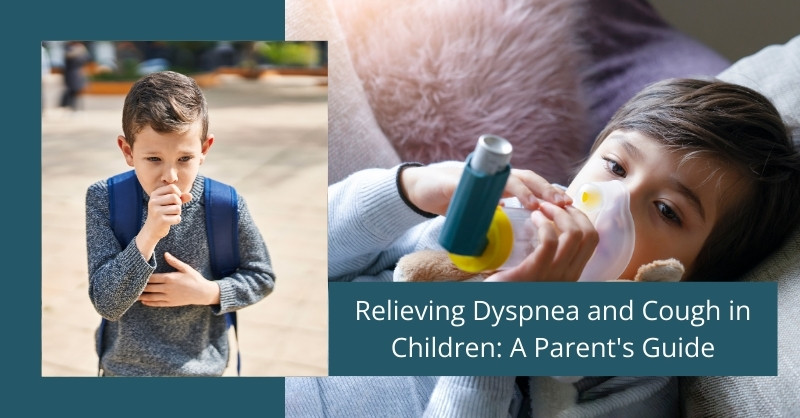As a parent, it can be distressing to see your child struggling with dyspnea (difficulty breathing) and cough. These symptoms can be indicative of various underlying conditions, ranging from mild to severe. In this comprehensive guide, we will delve into the world of dyspnea and cough in children, exploring their causes, symptoms, diagnosis, treatment options, and when to seek medical attention.
Understanding Dyspnea and Cough in Children
Dyspnea and cough in children can be caused by a variety of factors, including respiratory infections, allergies, and underlying medical conditions. It’s essential to recognize the signs and symptoms of these conditions to provide timely and effective treatment.
Common Causes of Dyspnea and Cough in Young Ones
- Respiratory infections, such as pneumonia, bronchitis, and croup
- Allergies, including asthma
- Viral infections, like the common cold and flu
- Sinusitis
- Foreign body aspiration
Recognizing the Symptoms of Dyspnea and Cough in Children
The symptoms of dyspnea and cough in young ones can vary depending on the underlying cause. However, common signs and symptoms include:
- Difficulty breathing or rapid breathing
- Wheezing or a high-pitched sound while breathing
- Coughing, which may be dry or produce mucus
- Chest tightness or congestion
- Fatigue or lethargy
- Loss of appetite
- Fever

Diagnosing Dyspnea and Cough in Young Ones
Diagnosing dyspnea and cough in children involves a comprehensive physical examination, medical history, and diagnostic tests. Your pediatrician may:
- Conduct a physical examination to assess your child’s breathing and overall health
- Take a medical history to identify potential allergens or underlying conditions
- Order diagnostic tests, such as chest X-rays, blood tests, or pulmonary function tests
Treating Dyspnea and Cough in Children
Treatment for dyspnea and cough in children depends on the underlying cause. Your pediatrician may recommend:
- Antibiotics for bacterial infections
- Antiviral medications for viral infections
- Bronchodilators for asthma or wheezing
- Cough suppressants or expectorants for cough relief
- Rest, hydration, and humidification for viral infections
When to Seek Medical Attention
It’s essential to seek medical attention if your child experiences:
- Severe difficulty breathing or rapid breathing
- Wheezing or a high-pitched sound while breathing
- Coughing up blood or yellow or green mucus
- Chest pain or tightness
- Fever above 104°F (40°C)
- Refusal to drink fluids or shows signs of dehydration
- Worsening symptoms or failure to improve with treatment
Natural Remedies for Dyspnea and Cough in Young Ones
While medical treatment is essential, there are some natural remedies that can help alleviate symptoms:
- Honey: A natural cough suppressant
- Humidification: Adds moisture to the air to relieve congestion
- Warm liquids: Such as tea or broth to soothe the throat
- Saline nasal drops: To loosen mucus and reduce congestion
Over-the-Counter Medications for Dyspnea and Cough in Children
Over-the-counter medications can help alleviate symptoms, but always consult with your pediatrician before administering any medication:
- Cough suppressants: Such as dextromethorphan
- Expectorants: Such as guaifenesin
- Combination products: Such as acetaminophen and dextromethorphan

Consulting a Pediatric Respiratory Specialist
If your child experiences persistent or severe dyspnea and cough, it’s essential to consult a pediatric respiratory specialist. These specialists have advanced training in pediatric respiratory medicine and can provide personalized care and treatment.
Prevention Strategies
Preventing dyspnea and cough in children involves maintaining good hygiene practices, avoiding exposure to allergens and irritants, and ensuring timely vaccinations:
- Practice good hygiene: Wash hands frequently, avoid close contact with individuals who are sick
- Avoid exposure to allergens and irritants: Keep your home clean and dust-free, avoid exposure to tobacco smoke
- Ensure timely vaccinations: Consult with your pediatrician to ensure your child receives all recommended vaccinations on schedule
Conclusion
Dyspnea and cough in children can be distressing for parents, but with prompt medical attention and proper treatment, most children can recover quickly. Remember to seek medical attention if your child experiences severe symptoms or shows signs of respiratory distress. By working closely with your pediatrician and following the guidelines outlined in this comprehensive guide, you can help your child breathe easier and recover from dyspnea and cough.
Read this Article: 👉Numbness in Hands and Feet: Causes, Symptoms, and Treatment
Read this Article: 👉The Dark Side of the Digital Age: How Gadgets Harm Our Children



